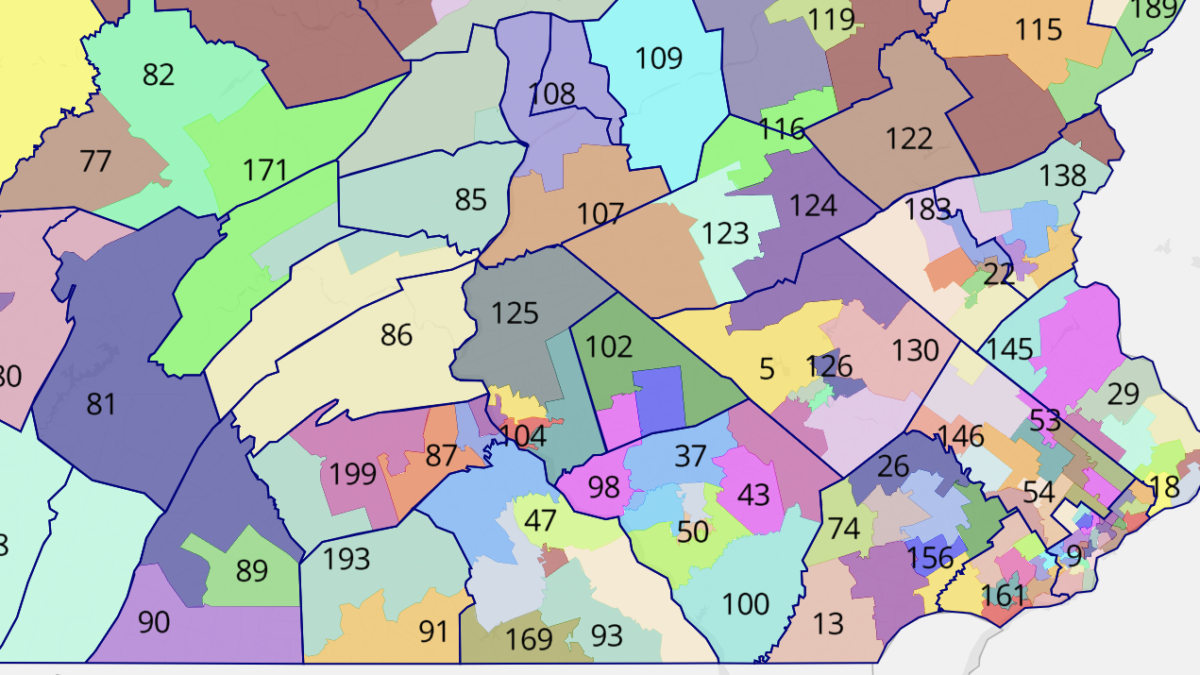Kyle Sammin: Northeast Philly Democrats play musical chairs
Northeast Philadelphia Democrats tried to play musical chairs with the 5th District state senate seat this year. But when the music stopped, they may not have a candidate in the chair — unless the state courts bend the law to let them.
The switcheroo began when four common pleas court judges retired just before they were scheduled to face a retention vote in 2021. Normally, the Democratic primary fights for a seat on those Philadelphia courts are intense and expensive, but by waiting so long to drop out, the judges allowed the local ward leaders to select their replacements directly. No fundraising, no campaigning, just the approval of insiders.
John Sabatina, the incumbent Democrat who first won the 5th district senate seat in 2014, announced that he would resign to take up the nomination for one of these so-called “magic seats.” He was duly elected: there were only twelve candidates for twelve judge seats, all of them Democrats.
That part of the process is kind of shady — the backdoor maneuverings that big-city machines are famous for — but all of it is legal, and no one has said otherwise. But Sabatina’s win meant the 5th district would have a special election, again with ward leaders choosing the nominees. That’s where the game got surprisingly complicated.
The 5th state senate district takes in the most Republican parts of Philadelphia, encompassing most of the Northeast, stretching from the Bucks County line to Bridesburg. It also includes many of the areas where Donald Trump saw his biggest increase in votes in the city between 2016 and 2020. So for this race, the Republicans have a chance. They nominated Sam Oropeza, a Bridesburg real estate agent who also runs a local nonprofit. Democrats chose Shawn Dillon, a ward leader from the Far Northeast.
Oropeza got his paperwork in correctly and was duly nominated. But Dillon somehow forgot to file a statement of financial interest with the state ethics commission.
Republicans challenged Dillon’s candidacy in court, since the filing is required for a candidate to be on the ballot. Since the deadline had passed, there was no way to fix the issue. Accordingly, Dillon announced he would withdraw on April 3.
Oropeza questioned the terminology. “In order to be a candidate you must file all of your paperwork by the deadline,” he tweeted. “What are you withdrawing from if you were never a candidate?”
In order to be a candidate you must file all of your paperwork by the deadline. What are you withdrawing from if you were never a candidate? https://t.co/DWtzLe2ey9
— Sam Oropeza (@Samforpasenate) April 4, 2022
The question is not just semantics. After Shawn Dillon dropped out, Democrats announced that his brother, Jim Dillon, would take his place on the ballot. But the relevant state statute, 25 Pa. § 2784, allows for parties to nominate a new candidate to replace “any candidate nominated by any political body.” Shawn Dillon never fulfilled the requirements to be nominated. There is no one to replace, because the Democrats never nominated anyone.
Speaking with the Inquirer’s Chris Brennan, Bob Brady, chair of the Democratic Party in Philadelphia, acknowledged as much, saying the state Democratic Senatorial Campaign Committee “dropped the ball completely.”
Four voters from the district have challenged Jim Dillon’s presence on the ballot, and the case is currently in court.
READ MORE: A Fighter Runs for State Senate in Philadelphia
It is hard to see how a court could rule in Dillon’s favor, but stranger things have happened in a state with a judiciary elected on a partisan basis. Democrats on the state Supreme Court have twisted the law before to help their party win elections, as in the dubious redistricting cases of the past several years, but Dillon’s claim would require completely ignoring the words of the law.
The game of musical chairs began from one political faction’s desire to avoid open primaries in which their candidates might lose. But Dillon’s campaign played a few bad notes and the whole thing turned into a cacophony. The result of this case will show Pennsylvanians which tune the courts dance to: that of politics or of law.
Kyle Sammin is Broad + Liberty’s editor-at-large.





“Transparency.”